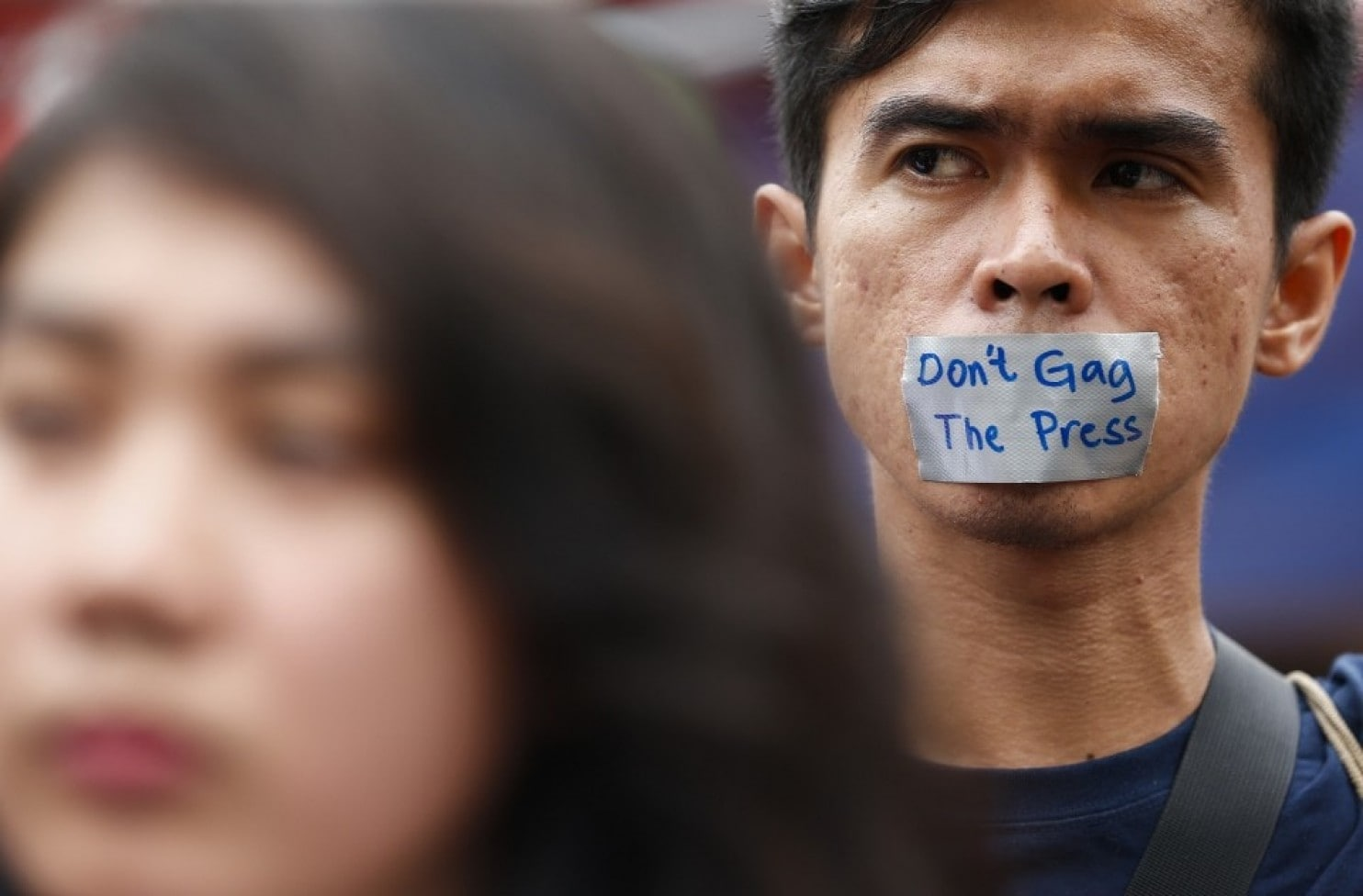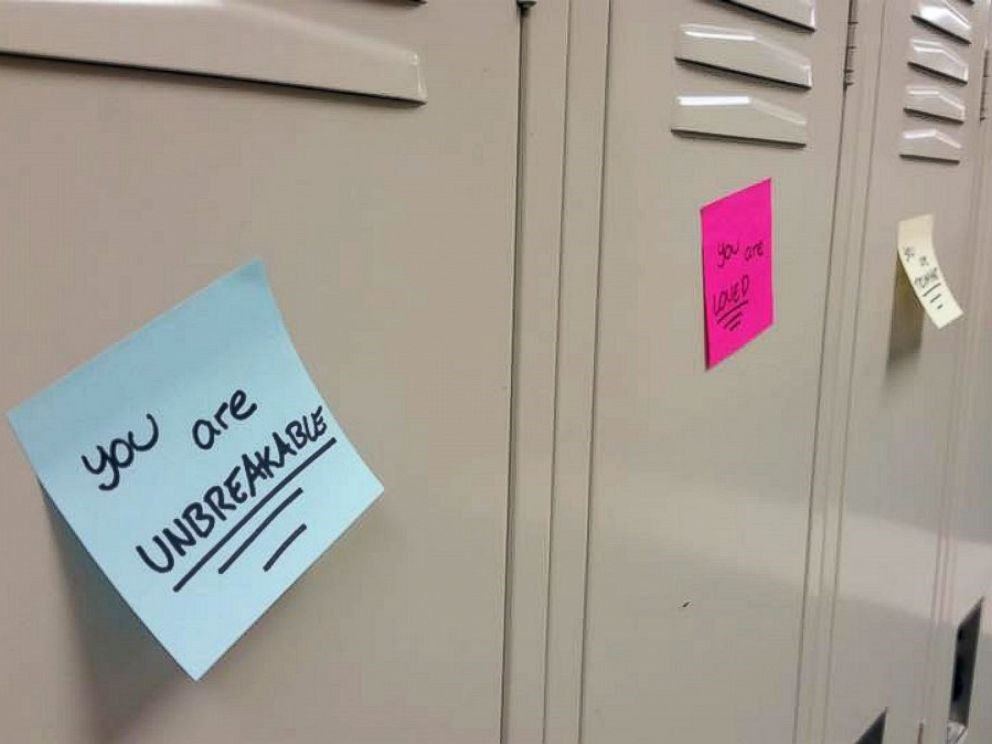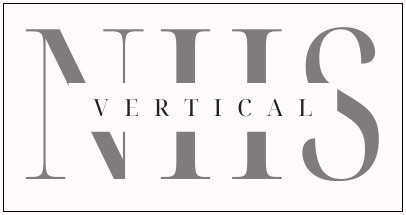
Don’t Gag the Press
By Bre Jarvis (Web Editor)
“The Philippines’ slide towards illiberality is accelerating,” writes Washington Post writer Manuel Quezon III. The country has recently erupted in fear and confusion in response to President Rodrigo Duterte’s decision to denounce several news outlets. However, amid the protests and riots taking place in the Philippines, perhaps the United States can find itself in danger of the same fate.
The freedom of the press, a right guaranteed by the First Amendment, has recently come under scrutiny by various American political figures, particularly President Trump. “It’s frankly disgusting the way the press is able to write whatever they want,” he said last October. Since the beginning of his presidential term, Trump has criticized several reporters and news publications, even threatening to sue or terminate them. These threats, in addition to his mission to “take a strong look at our country’s libel laws”, have evoked anxiety in journalists who fear that the president may attempt to infringe upon their First Amendment rights.

Other Americans have argued that alteration to laws concerning press freedom because is necessary because the freedom of the press is too flexible, allowing room for journalists to make false claims against important figures. Michael Savo-Matthews discusses in his article “Fake News” that political polarization has led many news corporations to bend the truth in order to favor one political side over another.
In any case, Trump’s attitudes concerning the press freedom bring to light an important question: to what extent can—and should—the president alter legislation regarding the freedom of the press?
According to the New York Times, President Trump does not possess the power to alter libel law, or law concerning defamatory statements. “Libel law is a state law tort, meaning that state courts and state legislatures have defined its contours … Changing New York Times v. Sullivan would require either the Supreme Court to overrule it or a constitutional amendment.”
The First Amendment restricts Congress from passing any law “abridging the freedom of speech, or of the press”. Furthermore, the court case New York Times v. Sullivan (1964) established that all statements concerning public figures, even those that are false, are protected “unless the speaker lied with the intent to defame.” In other words, public figures like President Trump only hold the right to sue the publishers of defamatory statements if they can prove that 1) such a statement is false and 2) the said statement was either purposefully or negligibly published. However, this does not apply to opinions or valid statements.
Still, the matter of “fake news” continues to divide Americans. Many Americans, demanding accurate news, hope for government intervention on the issue. On the other hand, many fear that such intervention is indicative of an oppressive government.

The American Civil Liberties Union (ACLU) writes, “The freedom of the press, protected by the First Amendment, is critical to a democracy in which the government is accountable to the people. A free media functions as a watchdog that can investigate and report on government wrongdoing.” Extensive restrictions on press freedom could potentially deprive the public of the knowledge they are entitled to. As currently seen in the Philippines, abridging the freedom of the press is a slippery slope; When leaders are given the power to censor what the press can tell the public, democracy is put in danger.
Concerning the New York Times v. Sullivan case, Justice Brennan said: “… we consider this case against the background of a profound national commitment to the principle that debate on public issues should be uninhibited, robust, and wide-open, and that it may well include vehement, caustic, and sometimes unpleasantly sharp attacks on government and public officials.”
Don’t gag the press, one Filipino protestor wrote on a piece of duct tape that covered his mouth. While Americans fear the impending totalitarianism of foreign countries, we often overlook the tightening grip our own government has on one of our most valuable freedoms: the freedom of the press. Some limitations to press freedom, such as our current libel laws, are beneficial in providing the public with accurate news. But it is not the president’s job to enact such limitations, nor is it wise to give Congress full power in limiting the press.
Whatever path our lawmakers choose, may the citizens of our country pledge to defend the right of journalists to publish truth, even the offensive and controversial truth.
May we never aid in gagging the press.
Whether or not you agree that action should be taken to prevent fake news, it’s crucial to become an informed reader of the news so you can determine for yourself what’s the truth. You can find a few strategies for doing so in “Fake News” by Michael Savo-Matthews in the February 2018 issue of The Vertical.

